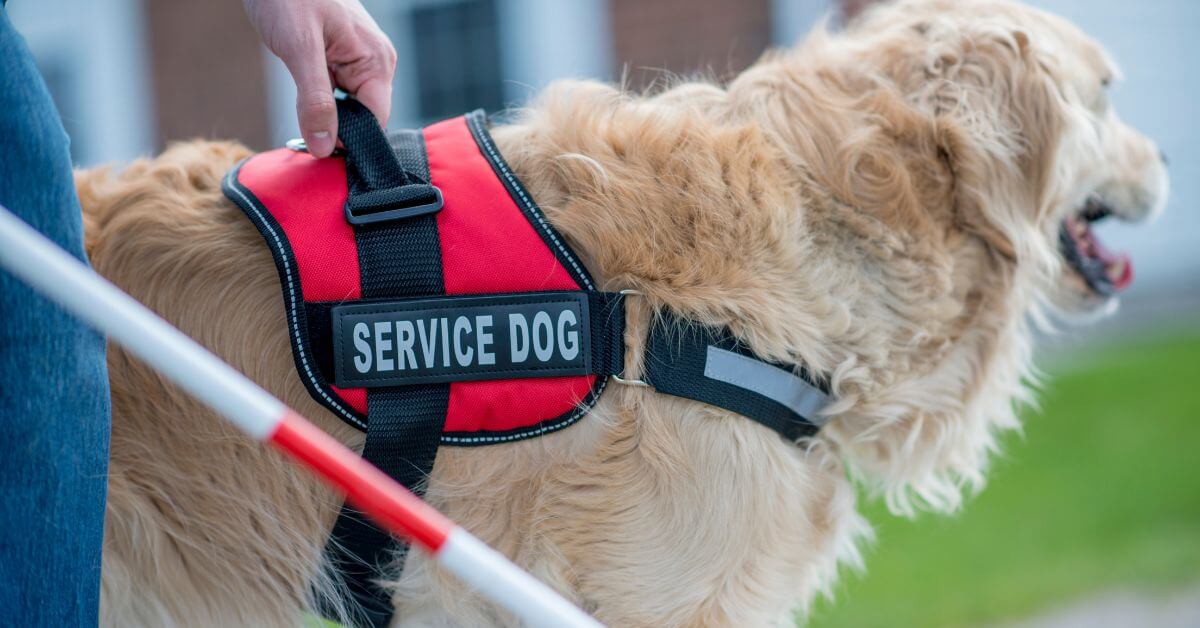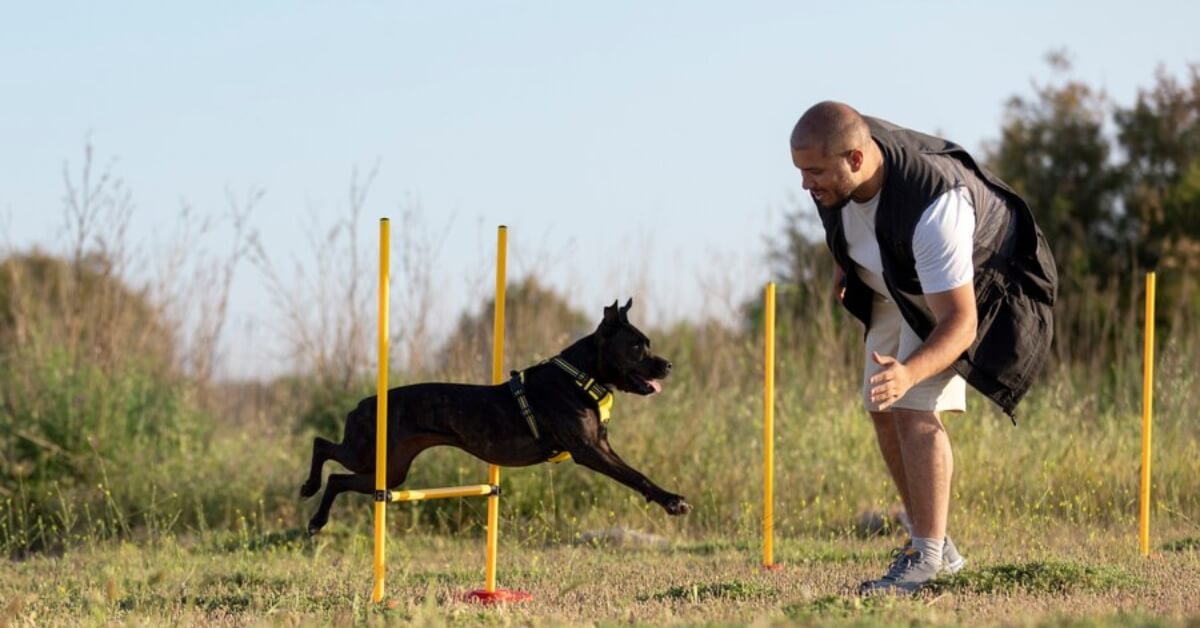Top 20 Service Dogs Breeds
| Service Role | Dog Breed | |
|---|---|---|
| Gudie Dogs | Labrador Retriever, German Shepherd, Standard Poodle | |
| Mobility Assistance | Labrador Retriever, Golden Retriever, Boxer, Great Dane, Bernese Mountain Dog, Rottweiler | |
| Therapy Dogs | Golden Retriever, Bernese Mountain Dog, Saint Bernard, Shih Tzu, Newfoundland | |
| Search and Rescue | German Shepherd, Bloodhound, Saint Bernard | |
| Hearing Assistance | Labrador Retriever, Cocker Spaniel | |
| Seizure Alert | Boxer, Labrador Retriever, German Shepherd | |
| Emotional Support | Golden Retriever, Shih Tzu, Corgi | |
| Autism Support | Border Collie, Labrador Retriever, Golden Retriever Shepherd | |
| Diabetic Alert | Labrador Retriever, Standard Poodle, Australian Shepherd, Bloodhound | |
| PTSD Assistance | Labrador Retriever, Golden Retriever, German Shepherd, Australian Shepherd | |
| Psychiatric Service | Rottweiler, Labrador Retriever, German Shepherd | |
| Police and Military Work | Belgian Malinois, Labrador Retriever, German Shepherd | |
| Water Rescue | Newfoundland | |
1. Labrador Retriever
The Golden-Hearted Hero
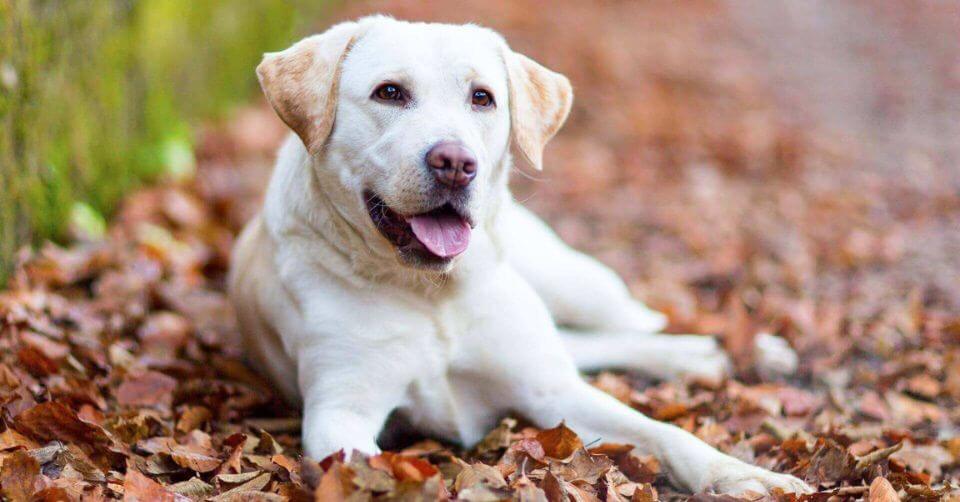
-
Trainability:
Labrador Retrievers are highly trainable, which is essential for a service dog that must learn and perform a wide range of tasks.
-
Intelligence:
Labradors are known for their intelligence, crucial for understanding and executing complex commands often required of service dogs.
-
Temperament:
Labradors have a calm and balanced temperament, important for a service dog’s role in potentially stressful or stimulating environments.
-
Size and Strength:
Labradors’ size and strength allow them to perform physically demanding tasks, such as mobility assistance, without getting easily tired.
-
Gentle Mouth:
Unique to Labradors is their ‘soft mouth’, originally bred for retrieving game without damaging it. This trait is useful in service tasks involving carrying objects.
-
Social Nature:
Labradors are generally very sociable and good at interacting with humans, vital for a service dog that must integrate seamlessly into public spaces.
Let a Labrador Retriever light up your life. Find your new best friend on PetMeetly.
2. Golden Retriever

-
Intelligence and Trainability:
Golden Retrievers are known for their intelligence and eagerness to please, which makes them highly trainable for complex service tasks.
-
Adaptability:
Goldens are adaptable and can handle a variety of environments and situations, crucial for service dogs who must work in diverse settings.
-
Patient Temperament:
Goldens are generally calm and patient, important for a service dog’s role in potentially stimulating or stressful situations.
-
Size and Strength:
Golden Retrievers have the physical capacity to assist with mobility-related tasks due to their size and strength.
-
Soft Mouth:
Unique to retriever breeds like Goldens, they have a ‘soft mouth’ which allows them to carry items without causing damage, useful in various service tasks.
-
Social Nature:
Their friendly disposition and love for human companionship make them well-suited for integrating into public spaces as service dogs.
3. German Shepherd
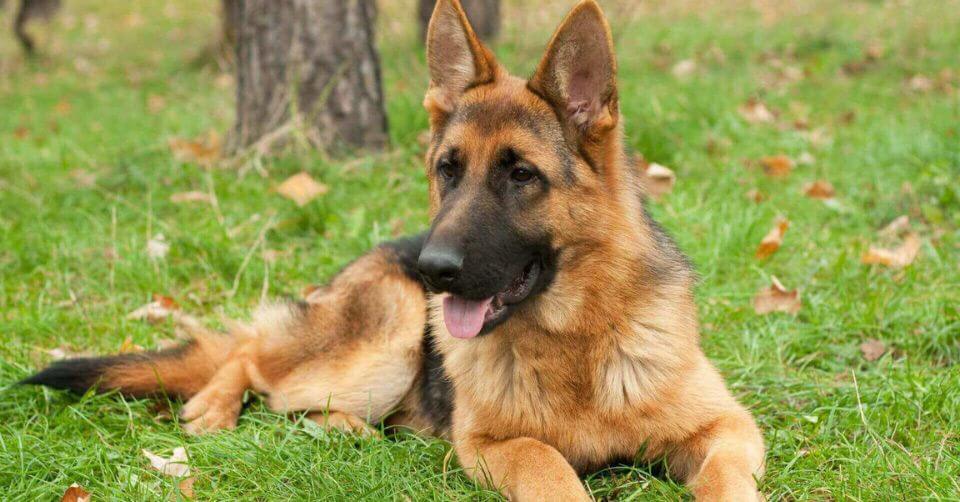
-
Intelligence and Trainability:
German Shepherds are known for their intelligence and trainability, crucial traits for a service dog that needs to learn and execute a wide array of tasks.
-
Physicality:
Their size, strength, and stamina make them capable of handling physically demanding tasks, such as mobility assistance, pulling a wheelchair, or opening doors.
-
Protective Instinct:
German Shepherds have a natural protective instinct, which can be beneficial in certain service roles like for individuals with PTSD or those requiring a sense of safety.
-
Versatility:
The breed’s versatility allows it to adapt to a wide range of service roles, from medical alert to mobility support.
-
Strong Work Ethic:
German Shepherds have a strong work ethic, bred for tasks requiring endurance and concentration, which is necessary for performing service dog tasks consistently.
-
Keen Sense of Smell:
German Shepherds have an excellent sense of smell, which can be utilized for tasks like alerting to changes in blood sugar or detecting allergens.
Looking for a loyal and intelligent partner? Explore the remarkable German Shepherds available on PetMeetly and find your devoted companion!
4. Standard Poodle
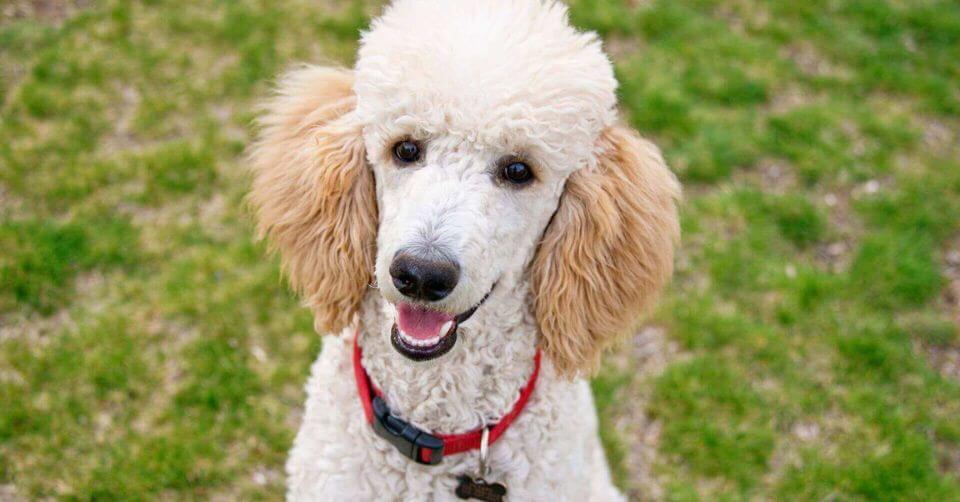
-
Intelligence:
Standard Poodles rank among the most intelligent dog breeds, making them adept at learning and executing complex tasks required in service work.
-
Trainability:
Standard Poodles are highly trainable, an essential quality for service dogs that must perform a wide range of specialized tasks.
-
Adaptability:
Poodles are known for their adaptability, which allows them to work well in various environments – whether urban or rural, indoors or outdoors.
-
Hypoallergenic Coat:
Unique to Poodles, their hypoallergenic coat makes them suitable service dogs for individuals with allergies.
-
Size and Physicality:
Standard Poodles have the physical strength to assist with mobility-related tasks and their size is less intimidating for those unfamiliar with service dogs.
-
Sociable and Patient:
Poodles are generally sociable and patient, important traits for a service dog that needs to interact effectively with a variety of people and handle potentially stressful situations.
5. Boxer
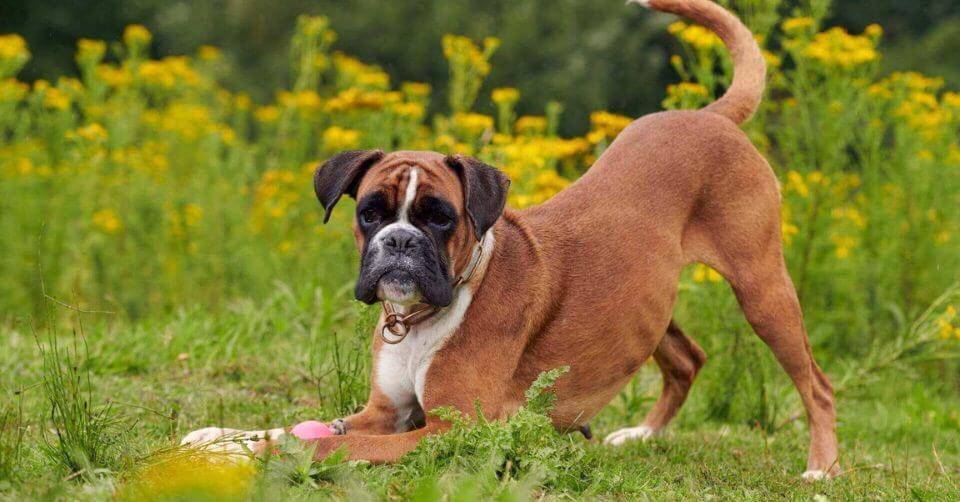
-
Intelligence and Trainability:
Boxers are highly intelligent and trainable, making them capable of learning a wide range of tasks often required of service dogs.
-
Energy and Stamina:
Boxers are known for their high energy levels and stamina, which can be beneficial for tasks that require physical strength and endurance.
-
Protectiveness:
Boxers have a natural protective instinct, which can be helpful in service roles that require ensuring the safety of their handler.
-
Adaptable:
Boxers are generally adaptable dogs, capable of adjusting to different environments and situations, a key quality in service dogs.
-
Physical Strength:
Unique to Boxers is their muscular build, which allows them to perform physically demanding tasks such as mobility assistance or retrieving heavy items.
-
Emotional Sensitivity:
Boxers are known for their sensitivity to their owners’ emotions, which is crucial in detecting changes in their handler’s condition, a key aspect of many service dog roles.
6. Border Collie
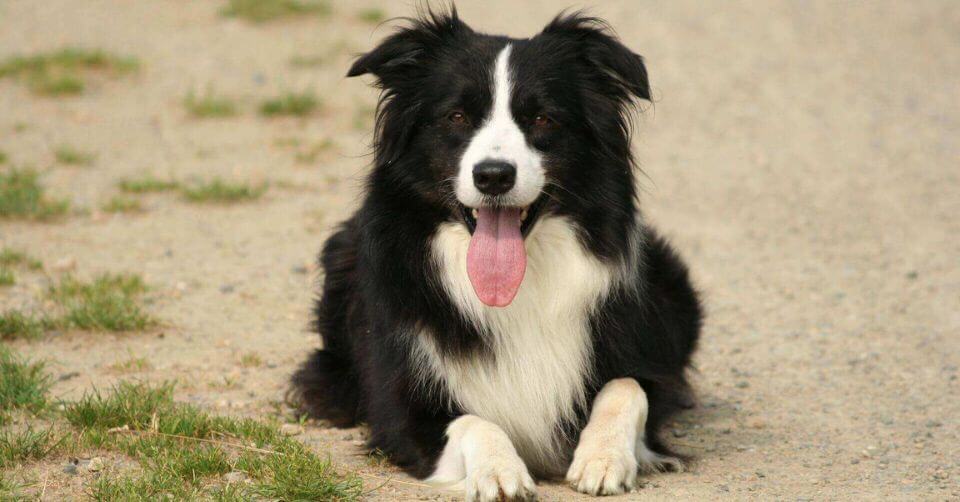
-
Intelligence:
Border Collies are renowned for their intelligence, crucial for comprehending and performing complex tasks required of service dogs.
-
High Trainability:
Border Collies are extremely trainable and are known for their quick learning ability, a vital trait in service dogs.
-
Energy Levels:
They have high energy levels, allowing them to perform tasks over extended periods without becoming fatigued.
-
Alertness:
Their alertness and attentiveness make them particularly adept at tasks such as medical alerts or psychiatric services, where the dog needs to be responsive to subtle changes in a person’s behavior or physical state.
-
Work Ethic:
Unique to Border Collies, they have a strong work ethic inherited from their herding background. This drives them to perform tasks consistently and reliably.
-
Agility:
Border Collies are agile and swift, which can be beneficial for tasks requiring quick responses or mobility assistance.
7. Doberman Pinscher
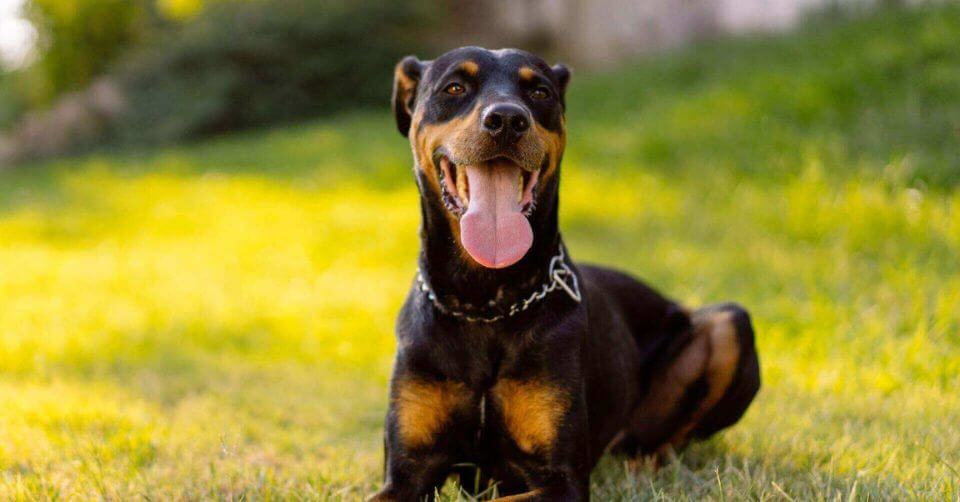
-
Intelligence:
Doberman Pinschers are highly intelligent, allowing them to learn and execute complex tasks required for service work.
-
Physical Capability:
Their size and strength are conducive to physical tasks such as mobility assistance, stability support, or even item retrieval.
-
Protective Instincts:
Dobermans are known for their protective instincts, which can be particularly beneficial in certain service roles such as PTSD support or for people with security concerns.
-
Trainability:
Dobermans are known for their high trainability, which is crucial for a service dog that needs to understand and obey a wide range of commands.
-
Endurance:
Dobermans have good endurance, allowing them to work for extended periods without tiring easily, a significant advantage in a service dog.
-
Alertness:
Unique to Dobermans, their alertness and attentive nature make them excellent for roles where recognizing and responding to specific triggers or events is required.
8. Great Dane
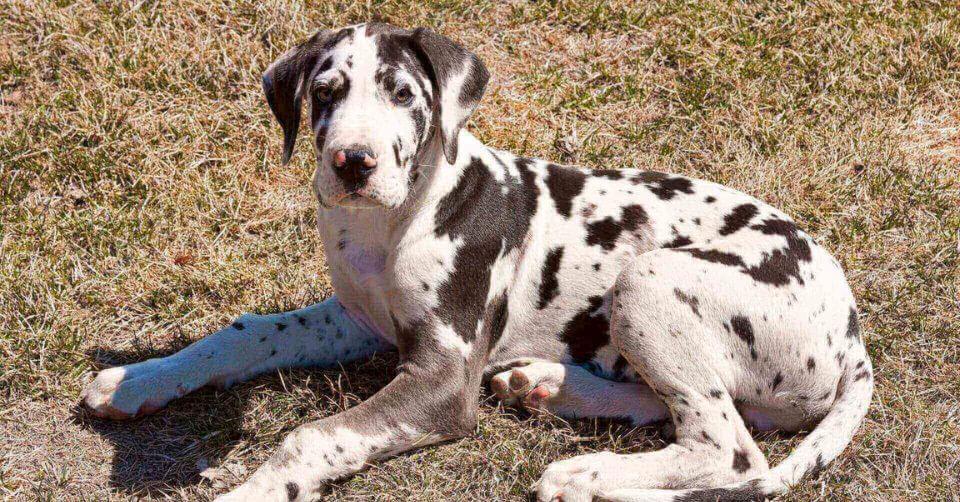
-
Size and Strength:
Great Danes are one of the largest breeds and have substantial strength, making them particularly suited for mobility assistance roles where physical support is needed.
-
Calm Demeanor:
Known as “gentle giants”, their calm and patient demeanor is essential for a service dog’s role in potentially stressful or challenging environments.
-
Trainability:
Despite their size, Great Danes are quite trainable, a crucial trait for a service dog that must learn and execute a wide range of tasks.
-
Height:
Unique to Great Danes, their height can be advantageous in service tasks, such as reaching high objects, or providing balance support to their handler.
-
Protective Nature:
While they are generally friendly, Great Danes also have a protective instinct, providing a sense of security for their handlers.
-
Adaptability:
Great Danes can adapt well to different environments and situations, which is necessary for service dogs who need to be comfortable in a variety of settings.
9. Australian Shepherd
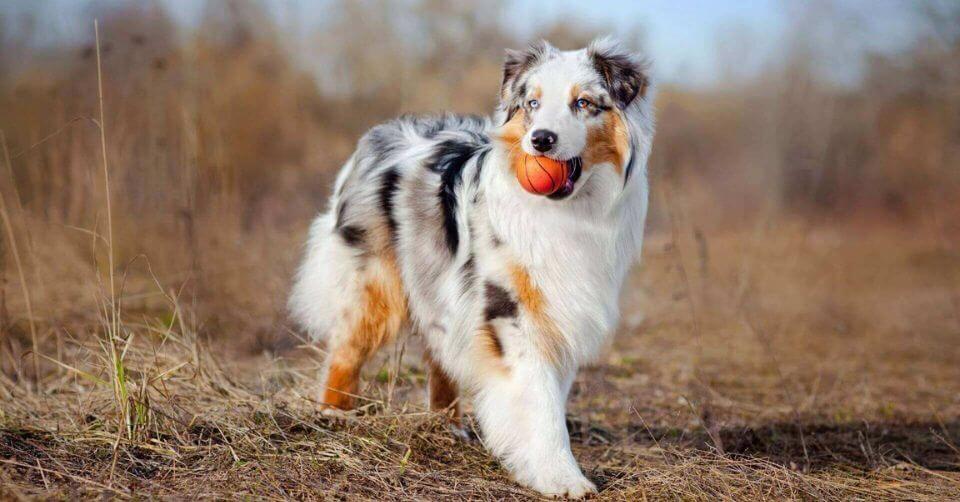
-
Intelligence and Trainability:
Australian Shepherds are highly intelligent and quick learners, which enables them to learn complex service tasks with ease.
-
Energetic and Agile:
These dogs are naturally energetic and agile, qualities that are beneficial for many types of service work, including mobility assistance.
-
Herding Instinct:
Their herding instincts translate into a strong work ethic and a keen attentiveness to their handler’s movements and needs.
-
Versatility:
Australian Shepherds are versatile and adaptable, able to perform a wide range of service tasks and handle various environments.
-
Medium Size:
Their medium size is advantageous as it allows them to provide physical assistance without being overly large or intimidating.
-
Bonding Ability:
Australian Shepherds tend to bond closely with their handlers, providing consistent and focused assistance.
10. Bernese Mountain Dog
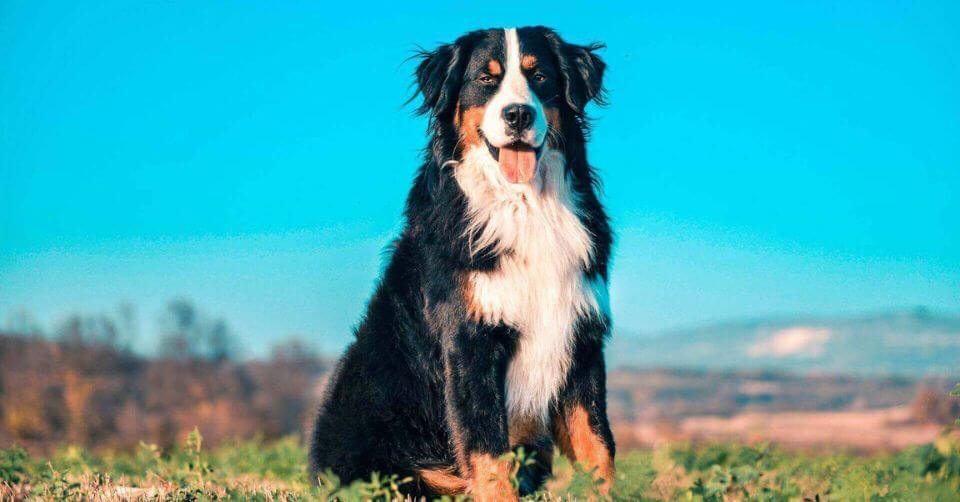
-
Strength and Stamina:
Bernese Mountain Dogs are strong and have excellent stamina, allowing them to perform physically demanding tasks, such as mobility assistance, with ease.
-
Trainability:
They are highly trainable, making it easier to teach them the complex commands that are often required of service dogs.
-
Size:
Their large size is often beneficial in service roles that require physical tasks, such as providing balance support or pulling a wheelchair.
-
Gentle Temperament:
Bernese Mountain Dogs are known for their gentle and patient nature, making them reliable and predictable service dogs.
-
Adaptability:
They can adapt to various environments and situations, vital for a service dog that must operate in a wide range of contexts.
-
Cold Weather Resilience:
Unique to Bernese Mountain Dogs, their thick coats and resilience to cold make them particularly suited for service roles in colder climates.
11. Rottweiler
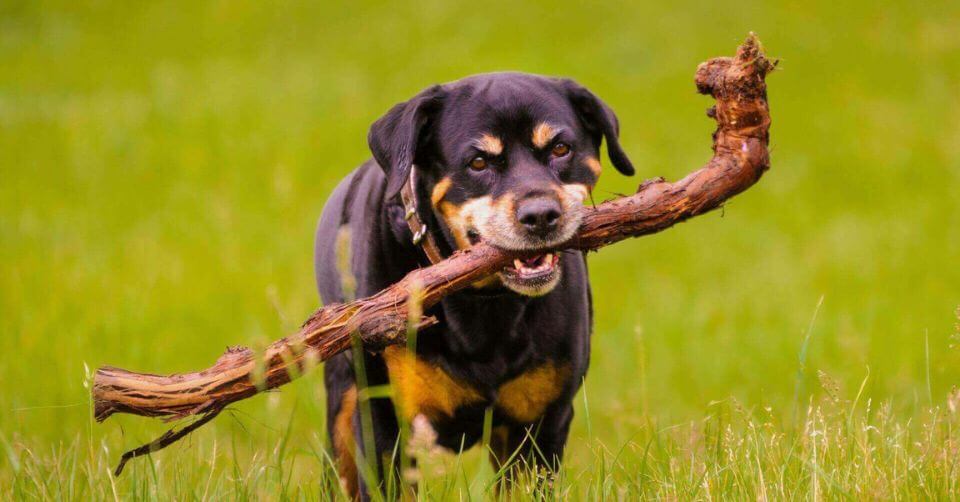
-
Trainability:
Rottweilers are very trainable, a critical trait for a service dog that needs to learn a range of complex tasks.
-
Intelligence and Focus:
Rottweilers are known for their intelligence and the ability to maintain focus on their tasks, important for effective service work.
-
Strength:
Rottweilers are physically robust and strong, capable of physically demanding tasks, such as pulling a wheelchair or providing mobility assistance.
-
Protectiveness:
Unique to Rottweilers, their protective nature can add an additional sense of security for some individuals using service dogs.
-
Calm Demeanor:
Despite their size and strength, Rottweilers have a calm demeanor which is necessary for a service dog working in various environments.
-
Adaptability:
Rottweilers are adaptable and can handle a variety of environments and situations, a useful trait for service dogs who must work in diverse settings.
12. Belgian Malinois
The Tenacious Talent
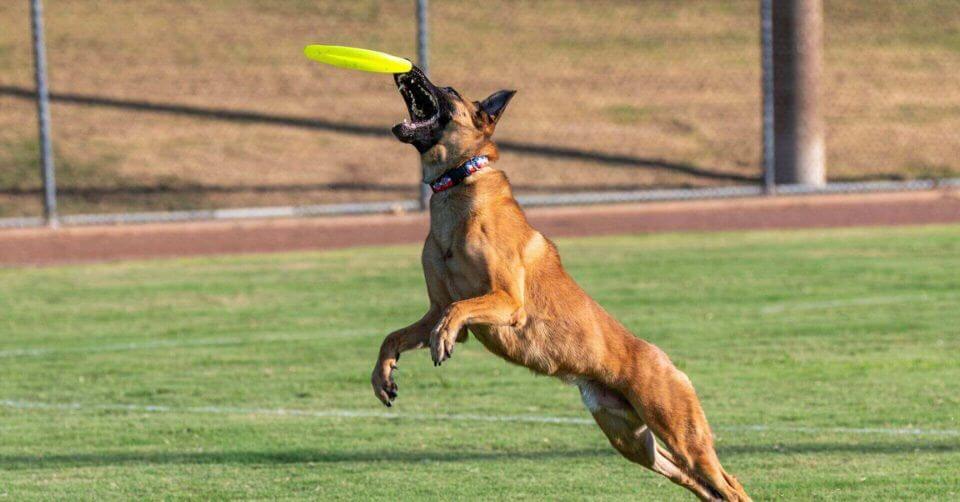
-
Intelligence and Trainability:
Belgian Malinois are highly intelligent and trainable, essential for service dogs that must learn a wide range of tasks.
-
Physical Stamina and Agility:
They are known for their incredible stamina and agility, allowing them to perform physically demanding tasks, which is crucial in certain service roles.
-
Alertness:
Belgian Malinois are extremely alert dogs, making them suitable for tasks that require keen awareness, such as detecting changes in a person’s health condition.
-
Work Ethic:
They have a strong work ethic, often thriving when given tasks and roles, which aligns well with the demands of service work.
-
Size:
Their size is adequate for many types of service work, including mobility assistance or providing physical stability for handlers.
-
Protective Nature:
Unique to Belgian Malinois is their protective instinct. While this requires careful handling, it can be an advantage in service roles where the handler’s safety is a concern.
13. Corgi
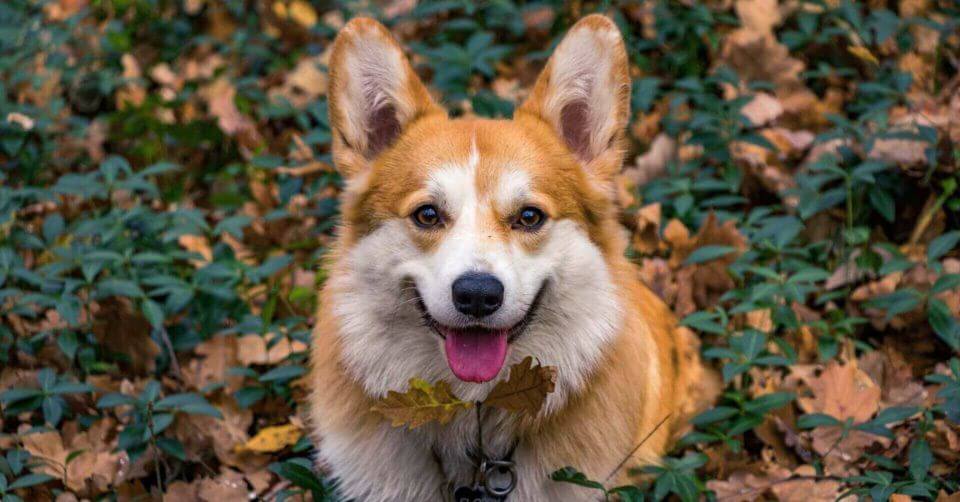
-
Intelligence:
Corgis are known for their intelligence, making it easier for them to learn and understand the complex commands that are often required of service dogs.
-
Trainability:
Corgis are highly trainable and have a strong desire to please their owners, which are crucial traits for any service dog.
-
Adaptability:
Corgis are adaptable to various environments, an important trait for a service dog that needs to operate in diverse settings.
-
Size:
Their small to medium size can be an advantage in environments where a larger dog could be cumbersome, yet they are sturdy enough for many tasks.
-
Herding Instinct:
Corgis’ natural herding instinct can be leveraged in certain service roles, such as guiding individuals or alerting to specific behaviors.
-
Friendly and Affectionate:
Corgis are generally friendly and affectionate, which can be beneficial in a service dog’s interaction with their handler and the public.
14. Saint Bernard
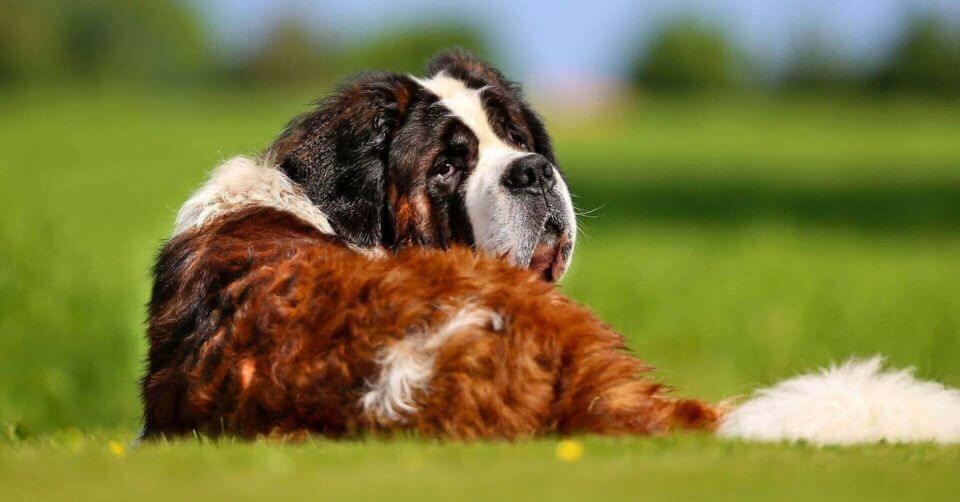
-
Size and Strength:
Saint Bernards are large and powerful dogs, capable of performing physical tasks like mobility assistance and heavy item retrieval.
-
Gentle Nature:
Despite their size, Saint Bernards are known for their gentle disposition, making them safe and reliable in service roles.
-
Patience:
They are remarkably patient dogs, a necessary attribute for service dogs that may need to wait for commands or assist slower-moving individuals.
-
Trainability:
Saint Bernards are known for their intelligence and willingness to learn, crucial for the extensive training that service dogs undergo.
-
Sense of Direction:
Unique to Saint Bernard’s, they have a strong sense of direction and can remember paths well, which can be crucial for guide dog work or navigation tasks.
-
Tolerance for Cold:
Their thick coat and historical role as mountain rescue dogs make them suitable for service work in colder climates where other breeds might struggle.
15. Shih-Tzu
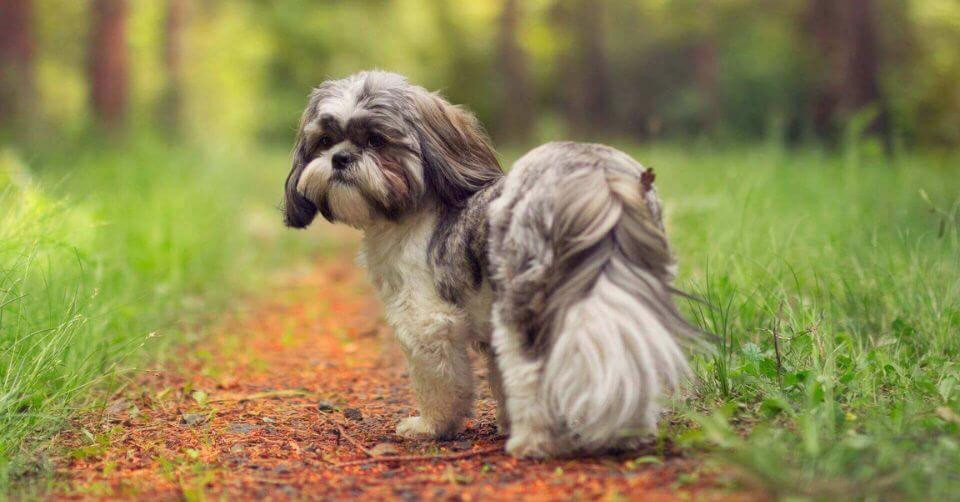
-
Size:
Shih Tzus are small in size, making them suitable for indoor living or for those with limited living space. This size also allows them to be easily transported, which can be beneficial for service work.
-
Temperament:
Shih Tzus are known for their gentle and friendly temperament, which makes them suitable for companionship roles in service work, such as emotional support.
-
Adaptability:
Shih Tzus are highly adaptable and can adjust well to different environments and schedules, an important characteristic for service dogs.
-
Lap Dog History:
Originally bred to be lap dogs for Chinese royalty, they have a long history of providing comfort and companionship, which is useful in certain types of service roles.
-
Low Exercise Requirements:
Their lower need for exercise compared to many other breeds can be a benefit when serving individuals who have mobility issues or are less active.
-
Long Lifespan:
Shih Tzus tend to have a longer lifespan than many breeds, allowing for a long-lasting service relationship./p>
16. Yorkshire Terrier
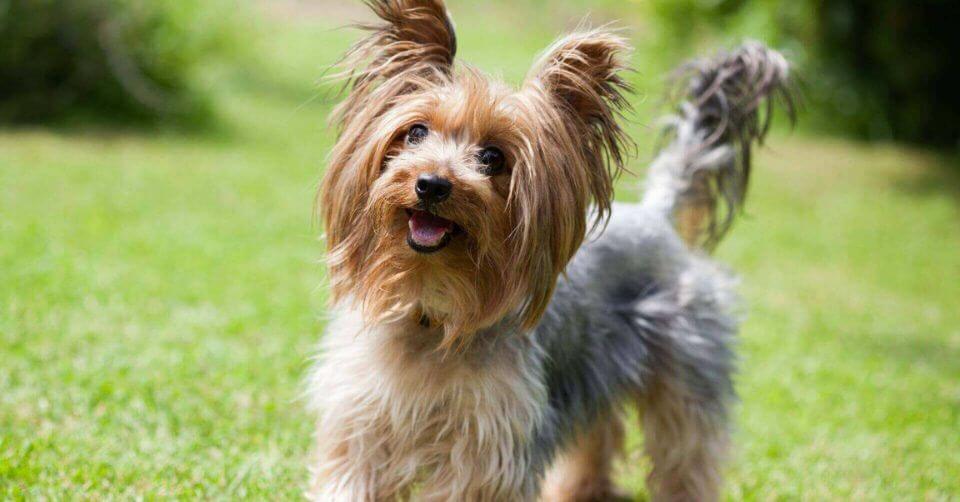
-
Size:
Yorkshire Terriers are small and lightweight, which makes them suitable for service tasks in limited-space environments and for people who live in apartments.
-
Adaptability:
Yorkies are adaptable and can comfortably function in different environments, an important trait for a service dog.
-
Alertness:
Yorkies are known for their alertness, which can be particularly useful for tasks such as alerting to specific sounds, alarms, or changes in a handler’s medical condition.
-
Long Lifespan:
Yorkshire Terriers often have a long lifespan, allowing for a longer service life compared to some other breeds.
-
Gentle Mouth:
Unique to Labradors is their ‘soft mouth’, originally bred for retrieving game without damaging it. This trait is useful in service tasks involving carrying objects.
-
Bonding:
Yorkies typically form strong bonds with their owners, which is essential for a service dog’s role in providing consistent assistance.
17. Siberian Husky
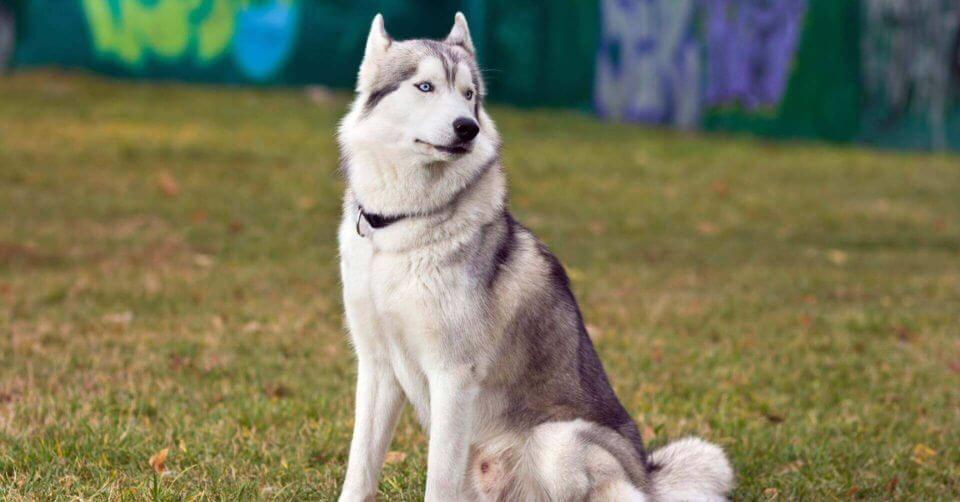
-
Intelligence:
Siberian Huskies are known for their intelligence, allowing them to comprehend and execute a variety of complex tasks required in service work.
-
Energy and Stamina:
Huskies were bred for endurance in harsh conditions, giving them the stamina to perform their duties over extended periods.
-
Size and Strength:
The size and strength of Huskies allow them to perform physically demanding tasks, like mobility assistance, with relative ease.
-
Adaptable to Weather:
Unique to Huskies is their ability to adapt to both cold and moderate temperatures, making them suitable for service work in a variety of climates.
-
Social and Friendly:
Huskies are known for their friendly nature and ability to get along well with humans, important traits for a service dog’s public integration.
-
Independence:
While this trait requires careful management and training, the independence of Huskies can be beneficial in service roles where the dog needs to act decisively without immediate human direction.
18. Newfoundland

-
Size and Strength:
Newfoundlands are large, robust dogs capable of performing physically demanding tasks, such as helping with mobility or even pulling a wheelchair.
-
Gentle Temperament:
Despite their size, Newfoundlands are known for their gentle and calm temperament, making them an ideal choice for service work.
-
Trainability:
Newfoundlands are intelligent and trainable, crucial attributes for service dogs that need to learn and execute a range of tasks reliably.
-
Patience:
Newfoundlands are known for their patience, a vital characteristic for a service dog that must tolerate various environments, situations, and interactions.
-
Swimming Ability:
Unique to Newfoundlands, they are outstanding swimmers, and their water rescue instincts can be harnessed in certain service roles, such as water-based search and rescue.
-
Protective Nature:
Their natural protective instinct can offer a sense of security for the handler, especially those with medical conditions.
19. Cocker Spaniel

-
Trainability:
Cocker Spaniels are highly trainable due to their intelligence and eagerness to please, which is essential for a service dog that must learn and perform a variety of tasks.
-
Size:
Cocker Spaniels are of medium size, making them suitable for tasks requiring a smaller dog, such as alerting for medical conditions, without being too small to handle various physical tasks.
-
Gentle Temperament:
Cocker Spaniels have a generally calm and gentle temperament, making them good candidates for service work in various environments.
-
Physical Stamina:
Despite their medium size, Cocker Spaniels have good stamina, which is beneficial for service work that may require extended periods of activity.
-
Strong Sense of Smell:
Unique to Cocker Spaniels, their strong sense of smell can be useful for tasks like alerting to changes in blood sugar levels or the presence of allergens.
-
Sociable:
Cocker Spaniels are known for their friendly and sociable nature, making them good at integrating into public spaces.
20. Bloodhound
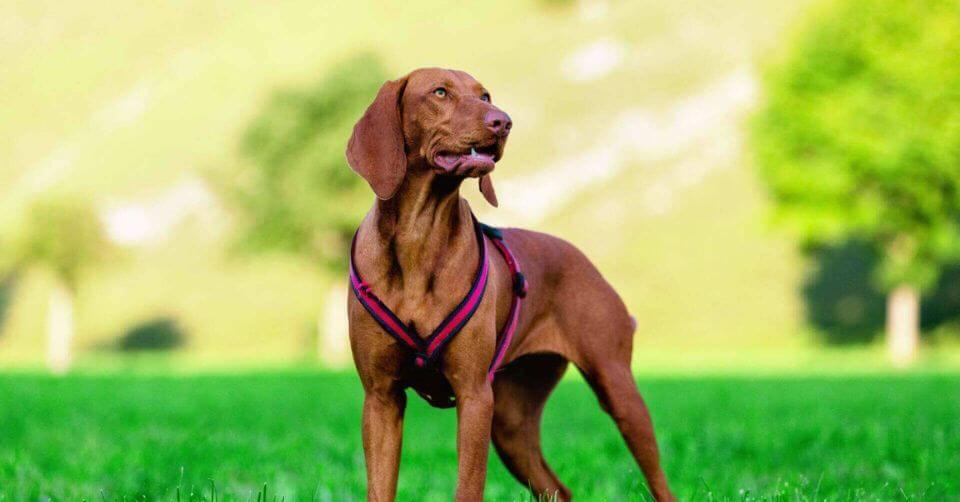
-
Exceptional Sense of Smell:
Bloodhounds have an unrivaled sense of smell, useful in service roles such as search and rescue or medical alert tasks where scent detection is essential.
-
Tenacity:
Bloodhounds are tenacious and determined, allowing them to focus on tasks for prolonged periods – a valuable trait in service roles.
-
Size and Strength:
Their large size and strength allow Bloodhounds to assist in physically demanding service tasks, such as search and rescue.
-
Gentle Temperament:
Despite their size, Bloodhounds are known for their gentle, kind temperament, which is crucial when interacting with humans in potentially stressful situations.
-
Stamina:
Bloodhounds possess great stamina, allowing them to work for extended periods – particularly useful in tasks such as search and rescue operations.
-
Tracking Abilities:
Unique to Bloodhounds is their exceptional tracking ability, which can be utilized in various service roles, particularly those involving location and retrieval tasks.

